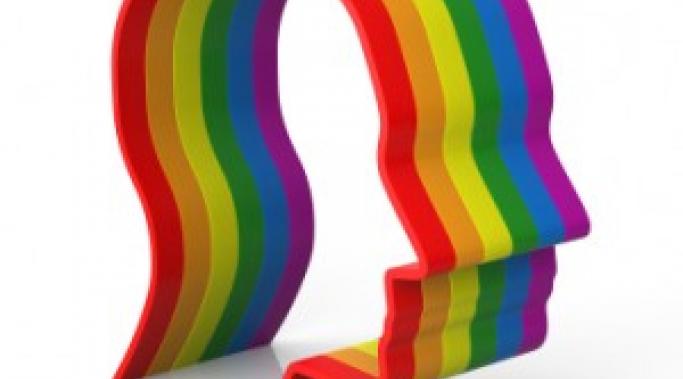How can you love yourself and have self-acceptance and yet deny part of your true identity? Is such a feat even possible? This is a problem that is common among many people within the lesbian, gay, bisexual, transgender, and queer community (LGBTQ). Unfortunately, many LGBTQ individuals cannot come out due to safety reasons. If they were to come out as gay or transgender, they risk the scary chance of getting kicked out and ending up on the streets. They can even lose their jobs. So while the world proudly declares that we must be unashamed of our true selves, society’s reaction toward many LGBTQ people is a contradiction. And it has very negative effects on the mental health of LGBTQ individuals. A lack of self-acceptance can even worsen depression in LGBTQ individuals.
LGBT Mental Health Care
tneely
You can feel yourself slipping away. Again. You don't feel anything. You don't see the dirty laundry and dishes that have piled sky high. You don't hear the kids yelling, the dog barking or your wife talking. Life is on mute.
Or quite the opposite, you find yourself in such emotional chaos that you see, hear and feel everything simultaneously. You can't think straight. You don't care about anything or anyone anymore. Except you really do which is why you decide to seek support in addressing your mental health issues. However, finding LGBT friendly mental health care can be very challenging, particularly for the uninsured. I've been there.
tneely
Just in case you haven't heard the news by now, with very few exceptions, yoga is good for you! And if you happen to be an LGBT individual committed to better mental health, then you may find that a simple yoga practice is just what you need.
Anxiety, depression and high stress levels are serious problems for many of us in the LGBT community. A study of 4,000 people by the Australian Research Centre in Sex, Health and Society (ARCSHS) concluded that "almost 80% of LGBT folks have suffered intense anxiety within the last year"!
It seems to me that we are carrying a disproportionate share of mental health issues across the globe, and yoga is a no to low cost way for our community to practice mental self-care.
tneely
It’s no secret that those of us in LGBT relationships tend to have strong emotional attachments with our partners, particularly long-term partners. While this can be a wonderful experience in a relationship with healthy boundaries between “self” and “other”, strong emotional attachments can become maddening when codependency is an issue.
Anyone who has spent any time in the LGBT community may have heard comments like: “Lesbians never break up.” and “Gay men never let go.” While this has been a widely accepted idea often used to stereotype our relationships as dysfunctional, research is showing that there is some truth to these statements. Specifically; that women in same-sex relationships tend to remain connected and intertwined in each others lives long after break-up.



